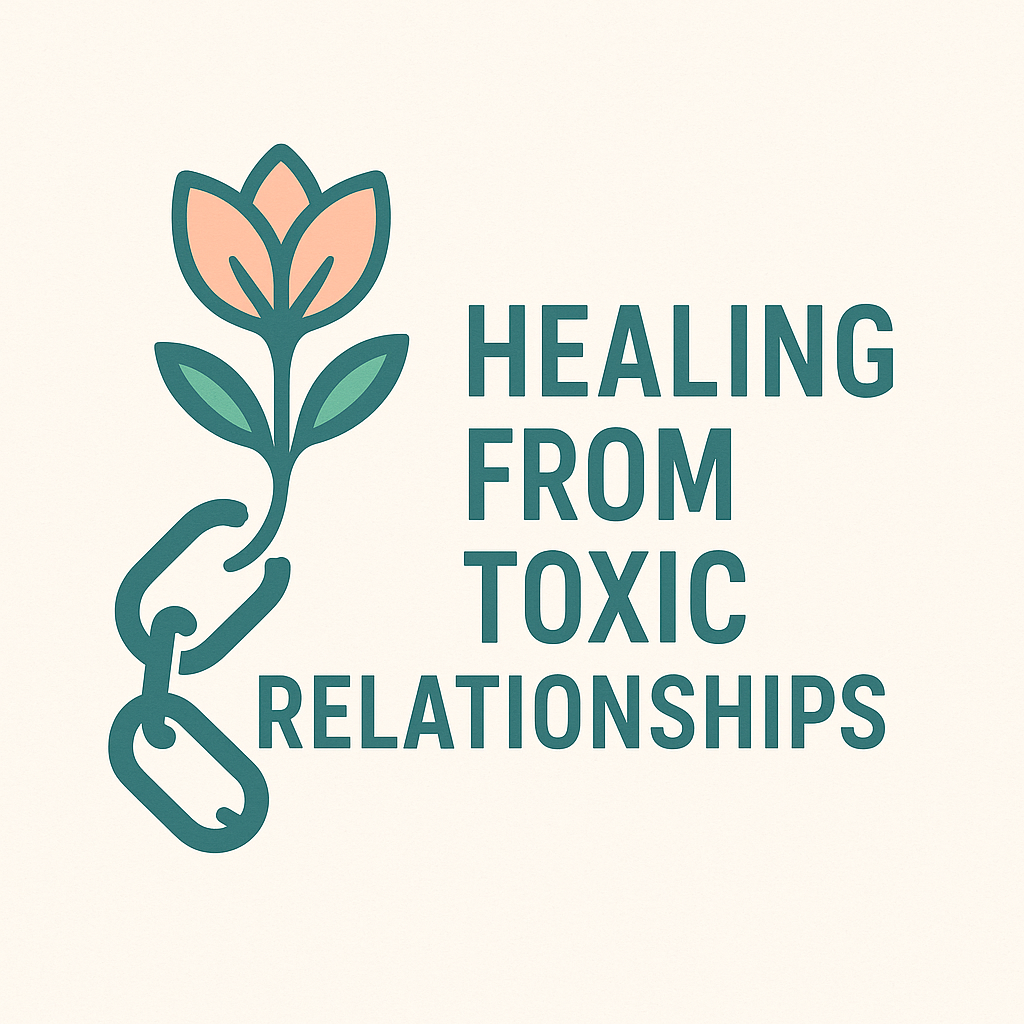Narc Abuse 101
What narcissistic abuse looks like in real life—and why you're not crazy for feeling this way
Let’s be real. Narcissistic abuse is one of the hardest things to put into words, especially when it’s coming from someone close to you. Maybe it’s your partner. Maybe it’s a parent, a boss, a friend, or even your own child. You try to explain it, but people don't get it. They look confused, or worse, they make you feel like you're overreacting.
That’s part of the abuse. Narcissistic abuse is designed to make you doubt yourself.
This blog is a starting place. Whether you’re just beginning to realize what’s happening, or you’ve been surviving it for years in silence, you deserve to understand what this is, how it affects your brain and body, and why healing matters.
What is narcissistic abuse?
Narcissistic abuse isn’t just about someone being selfish or arrogant. It’s a pattern of emotional manipulation, control, and gaslighting. It slowly erodes your sense of identity. It keeps you in a fog.
What makes it especially hard is that it can be quiet. Sometimes it looks like love. It might come with apologies or charm, but something underneath always feels off. Your body knows.
What narcissistic abuse can look like
Here are some real-world examples of how narcissistic abuse shows up across different relationships.
In a romantic relationship:
Your partner blames you for everything.
They shut down or punish you when you speak up.
You walk on eggshells.
They twist your words or tell you you're being too sensitive.
With a parent:
Their love feels conditional.
They guilt-trip you for setting boundaries.
They ignore your accomplishments or make them about themselves.
After talking with them, you feel smaller or like you're the problem.
With a child (teen or adult):
You feel like you're walking on a tightrope to keep the peace.
They gaslight you, demand things from you, and disrespect your boundaries.
You feel emotionally drained and nothing you do is enough.
At work:
Your boss takes credit for your work and blames you when something goes wrong.
You're micromanaged and made to feel incompetent.
You’re excluded from conversations and then criticized for not knowing what's going on.
Why it hurts so much
Narcissistic abuse isn’t just frustrating. It’s traumatizing. And the damage goes deeper than you think.
It activates your nervous system and keeps you in a chronic fight, flight, or freeze state.
It messes with your memory and focus.
It wires your brain to expect rejection, judgment, or punishment, even when you're safe.
Over time, it chips away at your confidence and your ability to trust yourself.
This isn’t just in your head. Studies show that long-term emotional abuse affects the amygdala, hippocampus, and prefrontal cortex. It leaves you anxious, hypervigilant, foggy, and exhausted.
Why therapy helps
When you’ve been gaslit for months or years, therapy gives you space to breathe again. It helps you put words to your experience. It helps you feel seen and sane.
In therapy, you get to tell your story and know it’s real. You get to feel the relief of someone saying, “You're not crazy.”
We work on reconnecting with your sense of self. We rebuild your ability to trust your gut. We set boundaries that don’t spiral you into guilt. And maybe for the first time, you feel what it’s like to be safe in a relationship—one that isn’t about power or control.
You’re not alone
If you recognize any of this, know this: you’re not imagining it. You’re not too sensitive. You’re not broken.
You’ve been hurt by someone who made you question your reality. But you can heal. You can find yourself again.
And if you want a space to do that healing, I’d be honored to walk with you.
